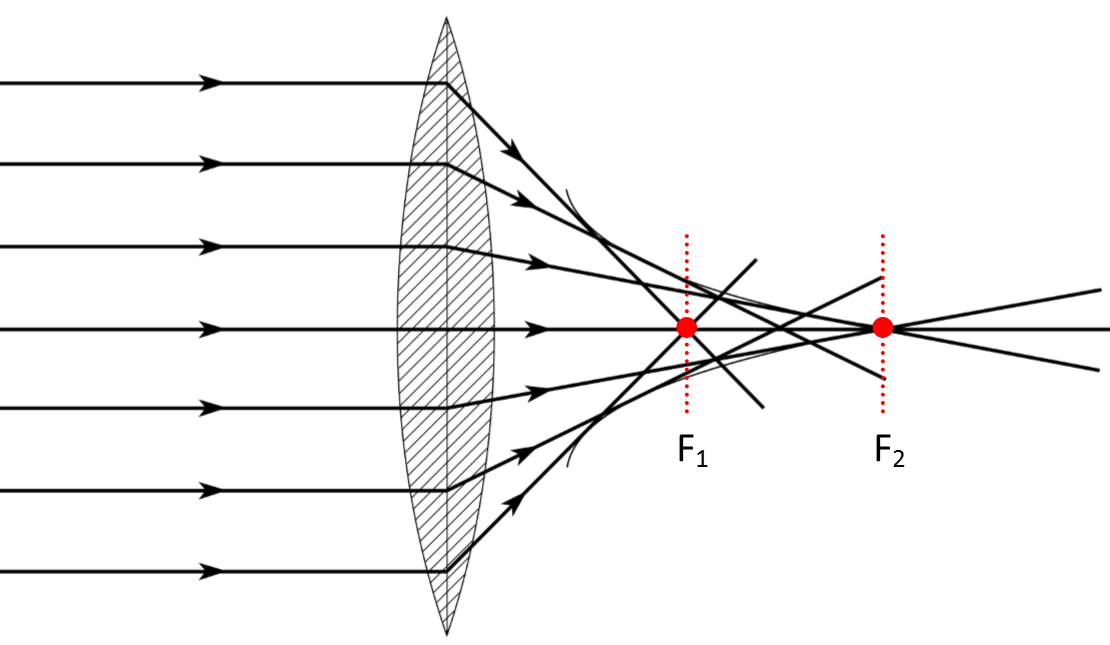Installation:
pip install lm_dataloader
Design Philosophy
-
A library to unify lm dataloading at large scale
-
Simple interface, any tokenizer can be integrated
-
Minimal changes needed from small -> large scale (many multiple GPU nodes)
-
follows fairseq / megatron's 'mmap' dataformat, but with improvements. Those being:
- Easily combine multiple datasets
- Easily split a dataset into train / val / test splits
- Easily build a weighted dataset out of a list of existing ones along with weights.
- unified into a single 'file' (which is actually a directory containing a .bin / .idx file)
- index files that are built on the fly are hidden files, leaving less mess in the directory.
- More straightforward interface, better documentation.
- Inspectable with a command line tool
- Can load from urls
- Can load from S3 buckets
- Can load from GCS buckets
- Can tokenize on the fly instead of preprocessing
Misc. TODO: - [ ] Option to set mpu globally (for distributed dataloading)
Example usage
To tokenize a dataset contained in a .jsonl file (where the text to be tokenized can be accessed under the 'text' key):
import lm_dataloader as lmdl
from transformers import GPT2TokenizerFast
jsonl_path = "test.jsonl"
output = "my_dataset.lmd"
tokenizer = GPT2TokenizerFast.from_pretrained('gpt2')
lmdl.encode(
jsonl_path,
output_prefix=output,
tokenize_fn=tokenizer.encode,
tokenizer_vocab_size=len(tokenizer),
eod_token=tokenizer.eos_token_id,
)
This will create a dataset at "my_dataset.lmd" which can be loaded as an indexed torch dataset like so:
from lm_dataloader import LMDataset
from transformers import GPT2TokenizerFast
tokenizer = GPT2TokenizerFast.from_pretrained('gpt2')
seq_length = tokenizer.model_max_length # or whatever the sequence length of your model is
dataset = LMDataset("my_dataset.lmd", seq_length=seq_length)
# peek at 0th index
print(dataset[0])
Command line utilities
There are also command line utilities provided to inspect / merge datasets, e.g:
lm-dataloader inspect my_dataset.lmd
Launches an interactive terminal to inspect the data in my_dataset.lmd
And:
lm-dataloader merge my_dataset.lmd,my_dataset_2.lmd new_dataset.lmd
Merges the datasets at "my_dataset.lmd" and "my_dataset_2.lmd" into a new file at "new_dataset.lmd".




